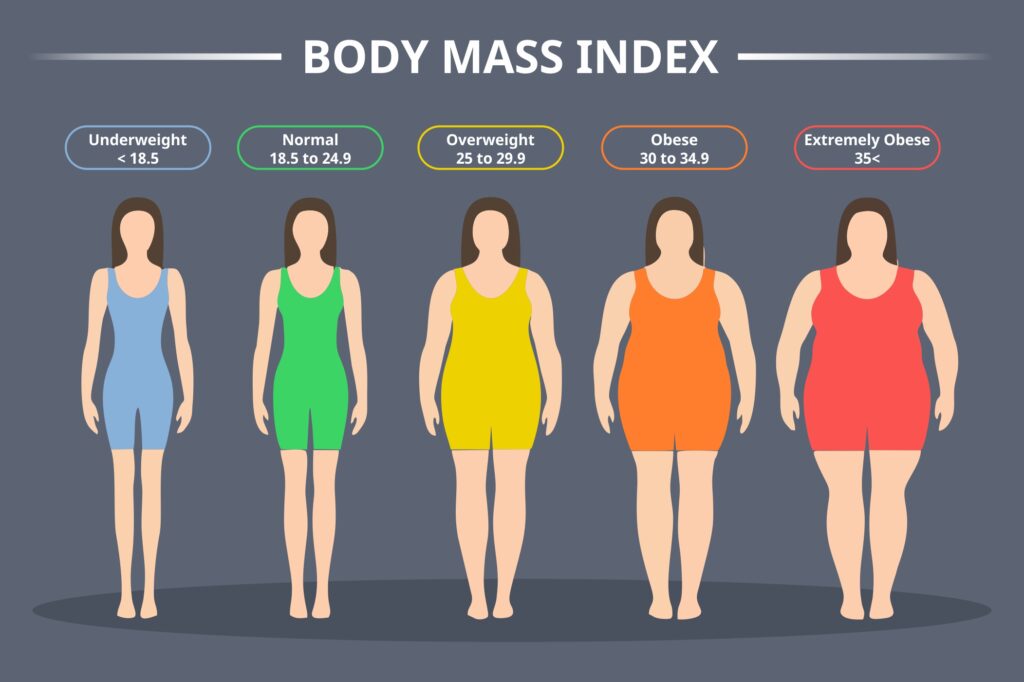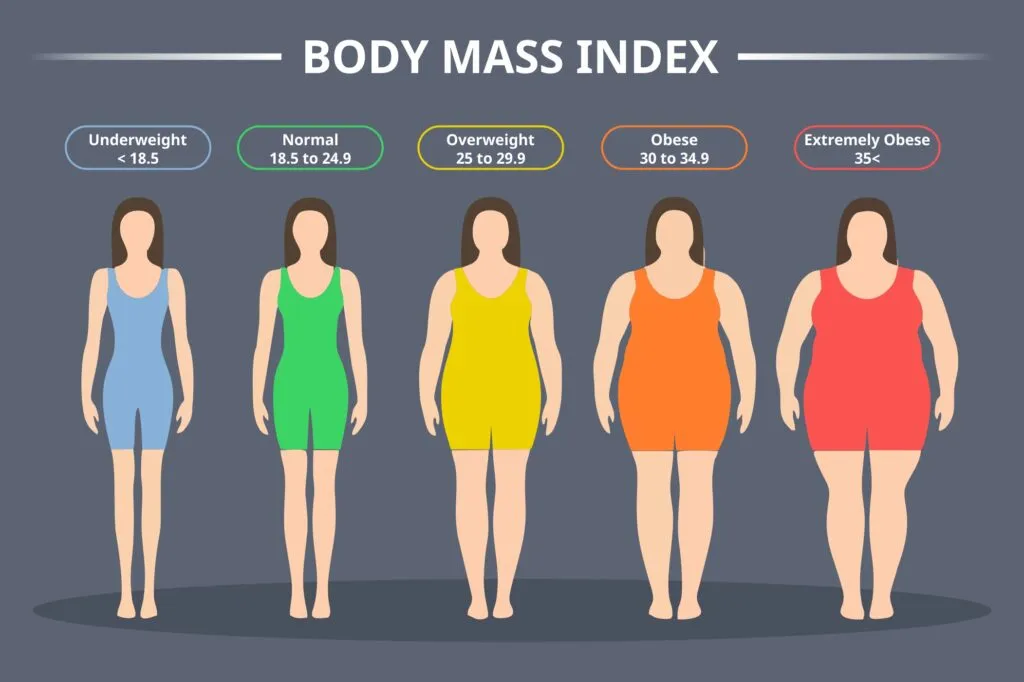

Discover the Mediterranean diet plans with health benefits, easy recipes, and practical tips to maintain a healthy lifestyle. Start your journey today!
Introduction
The Mediterranean diet is inspired by the traditional eating habits of countries bordering the Mediterranean Sea. Known for its emphasis on fresh, whole foods, this diet is rich in fruits, vegetables, whole grains, and healthy fats. It prioritizes lean proteins like fish and poultry, while limiting red meat and processed foods. This eating style not only offers delicious meals but also promotes overall well-being.
Principles of the Mediterranean Diet
The Mediterranean diet is not just a diet but a lifestyle choice that prioritizes whole foods, healthy fats, and fresh produce. The core principles include:
- High Consumption of Fruits and Vegetables: A significant portion of daily intake should come from fresh fruits and vegetables, providing essential vitamins, minerals, and antioxidants.
- Whole Grains: Opt for whole grains such as barley, oats, brown rice, and whole-wheat products.
- Healthy Fats: Use olive oil as the primary fat source, rich in monounsaturated fats, which are beneficial for heart health.
- Moderate Dairy Consumption: Preferably choose low-fat or fat-free options like Greek yogurt and cheese.
- Protein Sources: Emphasize plant-based proteins like legumes and nuts, alongside moderate fish and poultry consumption. Red meat is consumed sparingly.
- Herbs and Spices: Use herbs and spices instead of salt to flavor foods.
- Red Wine in Moderation: If you drink alcohol, red wine is consumed in moderation, typically with meals.
Key Components of a Mediterranean Diet Plan
- Fruits and Vegetables: Aim to fill half your plate with a variety of colorful fruits and vegetables at every meal.
- Whole Grains: Replace refined grains with whole grains. Examples include whole-wheat bread, pasta, and brown rice.
- Healthy Fats: Use extra virgin olive oil as the main cooking fat and incorporate nuts and seeds into snacks and meals.
- Proteins: Include fish or seafood at least twice a week. Supplement with beans, lentils, and chickpeas for plant-based protein.
- Dairy: Choose Greek yogurt and cheese, which are staples in the Mediterranean diet.
- Herbs and Spices: Season your meals with herbs like basil, oregano, rosemary, and spices like cumin and turmeric.
- Hydration: Drink plenty of water and limit sugary beverages. Enjoy red wine in moderation if desired.
Benefits of the Mediterranean Diet plan


Heart Health
One of the most significant benefits of the Mediterranean diet plan is its positive impact on heart health. Rich in monounsaturated fats from olive oil and nuts, it helps reduce bad cholesterol levels. The diet’s high fiber content from fruits, vegetables, and whole grains further supports cardiovascular health. Regular consumption of fish provides essential omega-3 fatty acids, which are known to lower the risk of heart disease. Studies have shown that individuals following the Mediterranean diet plan have a lower incidence of heart attacks and strokes.
Weight Management
The Mediterranean diet is not just about eating well; it’s also about maintaining a healthy weight. The focus on whole foods and nutrient-dense meals helps manage hunger and reduces the likelihood of overeating. The high fiber content keeps you feeling full longer, while the balanced intake of fats, proteins, and carbohydrates supports sustained energy levels. This diet encourages mindful eating, which is key to long-term weight management.
Diabetes Prevention
Another significant benefit of the Mediterranean diet plan is its role in diabetes prevention. The diet’s emphasis on whole grains, legumes, and vegetables helps regulate blood sugar levels. Foods high in fiber slow down the absorption of sugar, preventing spikes in blood glucose. Additionally, the inclusion of healthy fats and lean proteins helps maintain insulin sensitivity. Research indicates that those who adhere to a Mediterranean diet have a lower risk of developing type 2 diabetes.
Practical Tips for Adopting the Mediterranean Diet
Start with Small Changes
Transitioning to a Mediterranean diet plan can be simple and enjoyable. Begin by making small changes such as incorporating more fruits and vegetables into your meals and using olive oil instead of butter.
Plan Your Meals
Meal planning can help ensure that you stick to the Mediterranean principles. Plan meals that include a balance of vegetables, whole grains, and lean proteins. Preparing meals in advance can save time and keep you on track.
Shop Smart
When shopping for groceries, focus on purchasing fresh, whole foods. Avoid processed foods and choose seasonal produce for the best flavors and nutrients.
Enjoy Cooking
Cooking at home allows you to control the ingredients and create delicious, healthy meals. Experiment with Mediterranean recipes that include a variety of herbs and spices to keep your meals exciting.
Stay Active
Physical activity is an integral part of the Mediterranean lifestyle. Incorporate regular exercise into your routine, whether it’s walking, swimming, or any other physical activity you enjoy.
Sample Mediterranean Diet Plan
Breakfast
- Greek yogurt topped with fresh berries, a drizzle of honey, and a sprinkle of nuts.
- Whole-grain toast with avocado and a poached egg.
- A smoothie made with spinach, banana, and almond milk.
Lunch
- A mixed greens salad with tomatoes, cucumbers, olives, feta cheese, and a dressing of olive oil and lemon juice.
- Whole grain pita stuffed with hummus, grilled vegetables, and a side of fruit.
- Quinoa salad with chickpeas, cherry tomatoes, parsley, and a light vinaigrette.
Dinner
- Grilled salmon with a side of sautéed spinach and roasted sweet potatoes.
- A vegetable and barley stew seasoned with herbs and spices.
- Chicken marinated in olive oil, garlic, and lemon, served with a side of couscous and steamed broccoli.
Snacks
- Fresh fruit such as apples, oranges, or grapes.
- A handful of nuts or seeds.
- Whole grain crackers with hummus or cheese.
Tips for Maintaining the Mediterranean Diet
Sticking to the Mediterranean diet plan can be easy with these practical tips:
- Plan Ahead: Prepare meals in advance to avoid unhealthy choices when you’re busy.
- Keep it Simple: Focus on simple, fresh ingredients that require minimal preparation.
- Stay Hydrated: Drink plenty of water throughout the day, and enjoy wine in moderation if you choose.
- Enjoy the Process: Take the time to savor your meals and appreciate the flavors and textures of the food.
Conclusion
The Mediterranean diet is more than just a way of eating; it’s a lifestyle that promotes health, wellness, and longevity. By focusing on whole, nutrient-rich foods and enjoying meals with family and friends, you can reap the numerous benefits this diet has to offer. Whether you’re looking to improve heart health, manage weight, or simply enjoy delicious food, the Mediterranean diet is a sustainable and enjoyable choice.
FAQ’s
What is the Mediterranean diet?
The Mediterranean diet is a way of eating inspired by the traditional dietary patterns of countries bordering the Mediterranean Sea, focusing on fresh, whole foods like fruits, vegetables, whole grains, and healthy fats.
What are the health benefits of the Mediterranean diet?
The Mediterranean diet offers numerous health benefits, including improved heart health, weight management, and reduced risk of type 2 diabetes.
What foods are included in the Mediterranean diet?
Key components of the Mediterranean diet include fruits, vegetables, whole grains, healthy fats (like olive oil), lean proteins (such as fish and poultry), and low-fat dairy.
Can the Mediterranean diet help with weight loss?
Yes, the Mediterranean diet can support weight loss due to its focus on whole, nutrient-dense foods and balanced nutrition, which helps manage hunger and prevent overeating.
Is the Mediterranean diet good for heart health?
The Mediterranean diet is excellent for heart health, as it is rich in monounsaturated fats, fiber, and omega-3 fatty acids, which help reduce bad cholesterol and lower the risk of heart disease.
How does the Mediterranean diet help prevent diabetes?
The diet emphasizes whole grains, legumes, and vegetables, which regulate blood sugar levels and maintain insulin sensitivity, reducing the risk of developing type 2 diabetes.
What is a typical Mediterranean diet meal plan?
A typical meal plan includes Greek yogurt with fruit for breakfast, quinoa salad for lunch, grilled salmon with roasted vegetables for dinner, and snacks like fresh fruit or nuts.
Are there easy Mediterranean diet recipes?
Yes, there are many easy recipes, such as avocado toast for breakfast, chickpea salad for lunch, and stuffed bell peppers or baked cod for dinner.
What tips can help me stick to the Mediterranean diet?
Practical tips include planning meals ahead, keeping ingredients simple and fresh, staying hydrated, and enjoying the process of preparing and eating meals.
Is the Mediterranean diet suitable for vegetarians?
Yes, the Mediterranean diet can be adapted for vegetarians by focusing on plant-based proteins like beans, lentils, nuts, and seeds.
Can I drink alcohol on the Mediterranean diet?
Moderate consumption of wine, particularly red wine, is allowed in the Mediterranean diet, typically enjoyed with meals.
How can I start the Mediterranean diet?
Begin by incorporating more fruits, vegetables, whole grains, and healthy fats into your meals, and gradually reduce your intake of red meat and processed foods.
What are the essential herbs and spices in the Mediterranean diet?
Essential herbs and spices include basil, oregano, rosemary, thyme, garlic, and cumin, which add flavor and health benefits to dishes.
Is dairy allowed on the Mediterranean diet?
Yes, dairy is allowed, but it should be low-fat or fat-free options like yogurt and cheese.
How often should I eat fish on the Mediterranean diet?
Fish, especially fatty fish like salmon and sardines, should be consumed at least twice a week for their omega-3 fatty acids benefits.
Read more:
- The 9 Best Diet Plans for Your Overall Health
- 10 Tips for Successful Weight loss
- A Comprehensive Guide of BMI
- Ultimate Guide to the Keto Diet: How to Lose Weight with Keto Diet
- Ricki Lake Weight loss : “You Won’t Believe How Ricki Lake Lost 30 Pounds!”
- Reduce Your Risk of Depression with These Tips
- Reduce Belly Fat with These Simple Home Workouts












